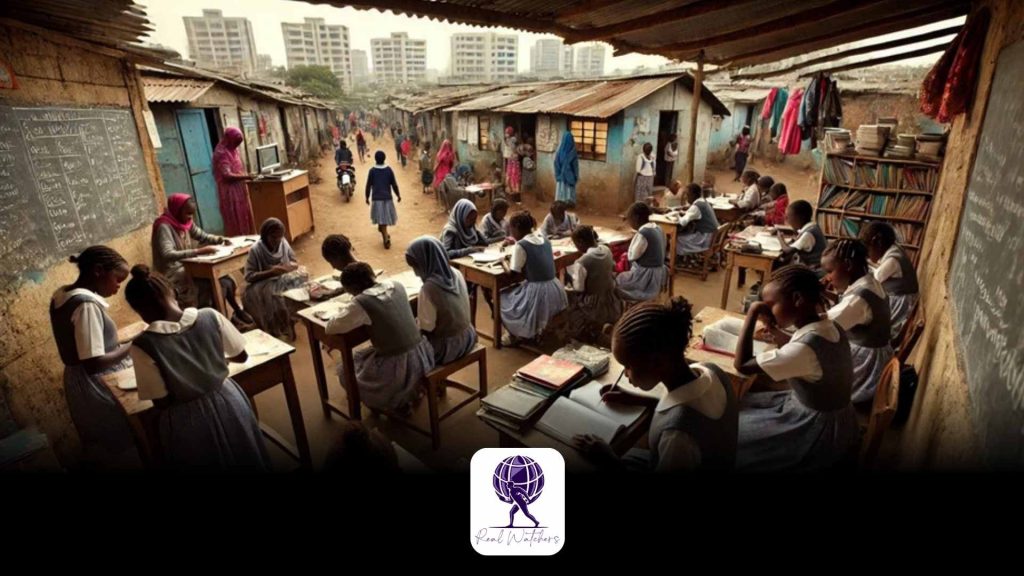In a poignant call to action, children from East Africa, affected by recent heatwaves and floods that have disrupted their education, are urging global leaders to prioritise safeguarding their schooling and future at the United Nations COP29 climate summit in Azerbaijan.
Seventeen-year-old Siama from South Sudan experienced a significant disruption in her education. She missed two weeks of school in April due to a dramatic rise in temperatures, reaching 45 degrees Celsius (113 Fahrenheit).
“Our nation is still in the process of development, which means we lack climate-resilient buildings and air conditioning in schools,” she stated.
This year, over 40 million children across Asia and Africa could not attend school due to extreme heat. Scientists indicate that this phenomenon has been exacerbated and intensified by climate change.
Naomi, 14, faced challenges due to the school closures in South Sudan.
“This has had a significant impact on me, especially as I prepare to sit for my national exams this year,” she stated.
At home, individuals reported difficulties concentrating due to the extreme heat. “The temperatures were high,” one person noted, emphasising the need to prioritise cooling down by taking a bath every two hours.
In Somalia, 16-year-old Nafiso frequently finds herself unable to sleep at night, consumed by thoughts of her future amid the challenges posed by climate change.
My father works as a farmer. In periods of intense heat, the likelihood of drought significantly increases. Heavy rainfall often complicates food procurement.
She sometimes struggles to secure enough food to sustain three meals a day.
At times, floods have obstructed her ability to attend school.
Naomi expressed her concerns about the future, highlighting the lack of action and climate finance necessary to establish climate-resilient schools in the country. “This is making us worried,” she stated.








